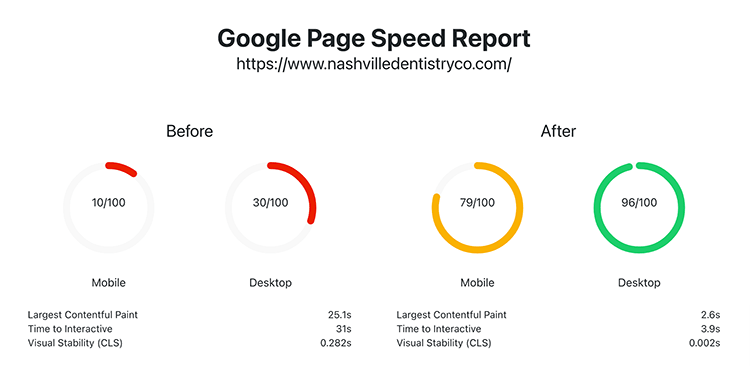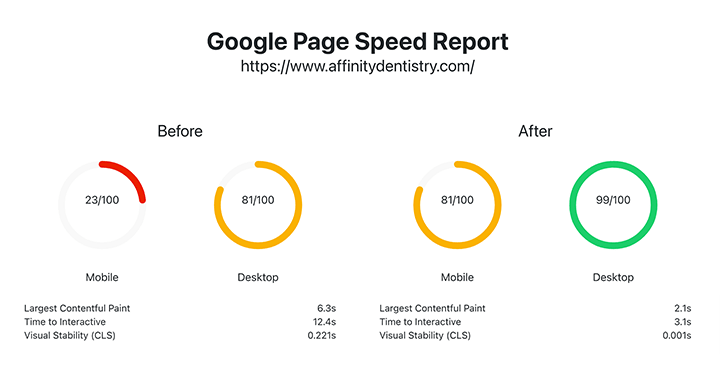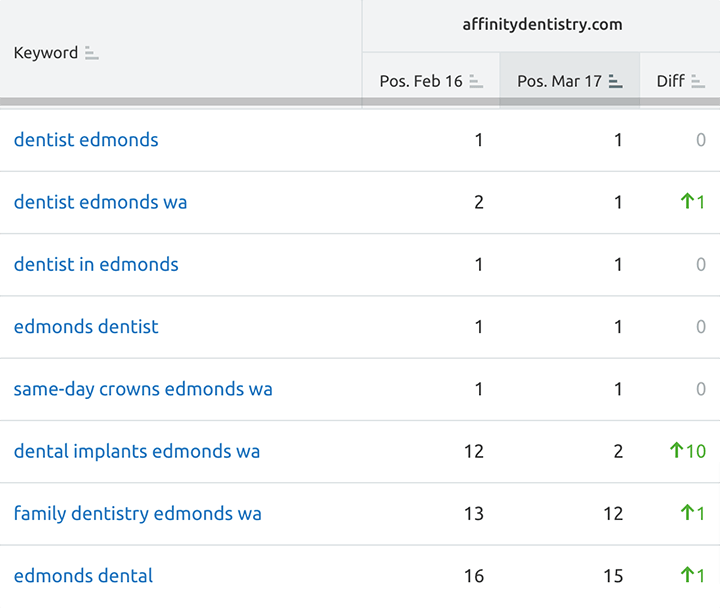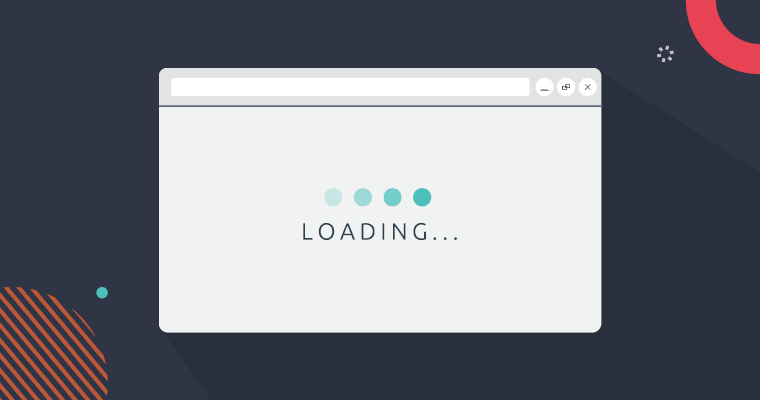Does Page Speed Affect SEO?
Does page speed affect your SEO rankings?
The short answer is YES!
That being said, we need to know what Google uses to measure page speed.
Last May, Google released an article that showed us they use a combination of Lab Data and Field Data to measure the real-world performance of any given website or page.
Lab Data VS Field Data
Lab Data is any data collected within a controlled environment. The device and settings are pre-determined. The benefits of using a controlled environment are that the results attained are often reproducible and are also great for debugging and testing. However, there are a number of drawbacks that limit the reliability of the metrics derived from Lab Data.
Field Data, on the other hand, focuses on actual users and their interactions or experiences with your website. For example, 10 people visiting your site may all be using LTE connections, however, some may be in a parkade, a stairwell, driving, or working in a stationary position. Each of these variables will produce different metrics.
By combining the two sets of metrics Google can measure website pages’ potential and real-world implications.
How does page speed affect SEO?
Google’s main purpose is to provide relevant results to its users. Relevancy and the experience a page provides works hand in hand. If a page takes too long to load then a user will get frustrated and leave, thus causing a poor user experience. This especially is the case when it comes to mobile connections.
Relevancy and the experience a page provides works hand in hand. If a page takes too long to load then a user will get frustrated and leave, thus causing a poor user experience.
Recently Google has taken their need for speed even further by announcing a set of metrics called the ‘Core Web Vitals‘ which is a subset of the already existing Web Vitals that apply to all pages on a site. Each of these metrics represents a unique factor of the overarching user experience.
With anything Google, these metrics are sure to evolve and change over time. However, the current set for 2020-21 focuses on three specific areas.
Those areas are:
- Loading Time (LCP – Largest Contentful Paint)
- Interactivity (FID – First Input Delay)
- Visual Stability (CLS – Cumulative Layout Shift)
Remember at the outset we said there were two types of data used to determine page speed? These Web Vitals all utilize Field Data which enables Google to get a clearer average of how actual users experience your site instead of relying on bots crawling within a controlled environment.
To learn more about what these web vitals are and how they could affect your website, check out this blog: How Will Google’s Core Web Vitals Affect Your Dental Website?
Is a page speed boost worthwhile?
Investing in anything comes with the expectation that there is a return. So, would investing in making your website faster provide you with any tangible benefits?
We conducted a couple of case studies on a few current clients to see if page speed really makes a big difference.
Here are the results:
Client A: Nashville Dentistry Co.
This client has a gorgeous website, full of videos and photos. While visually appealing, these types of assets typically are heavy resource-wise and could cause a site to be very slow.
We upgraded the back-end framework of the website to make sure it was as light as possible. Then we applied an advanced caching system to further enhance the delivery of these assets.

In the image above, you can see the drastic difference these optimizations made. In addition to the overall score improving from 10/100 to 79/100, the time to interactive metric dropped from 31 seconds to 3.9 seconds, and the first contentful paint dropped from 4.7 seconds to 1.4 seconds.
We are still in the process of completing even further improvements but take a look at the results on the organic rankings.
![]()
Client B: Affinity Contemporary Dentistry
This client makes fantastic use of custom imagery and videos throughout the website. Very similar to the site above, this imagery can have a negative effect on performance. So we challenged ourselves to speed up the site as much as possible without sacrificing any of the design elements.

As you can see, the overall increase for both mobile and desktop scores speaks for itself. However, the biggest kicker was the decrease in interactivity time dropping from 12.4 seconds to 3.1 seconds. Another interesting stat we saw was that time spent on-page during each visit increased by 15% once the speed boost was complete.
And how did their rankings fair?

Wondering how your site is performing?
If you think your site should be or could be faster, ask us for a complimentary website audit. You can also request a complimentary consultation with our maven of marketing Angela by clicking on the button below.
During your consultation, you will receive a marketing analysis, competitor breakdown, and a report on your current page speed metrics.





Page speed effects the user, which mean that it certainly effects SEO.
Love the real-life stats! Huge improvements.